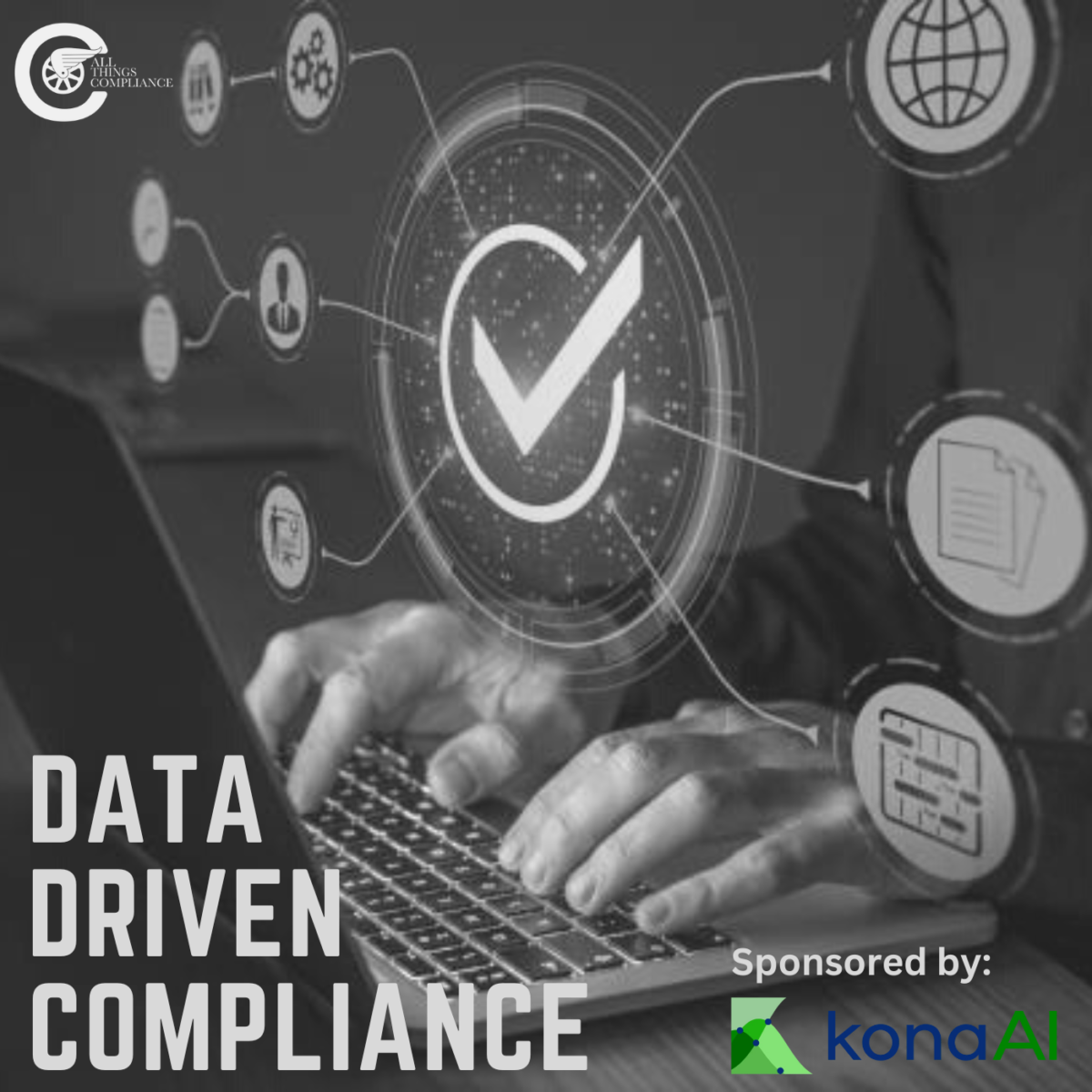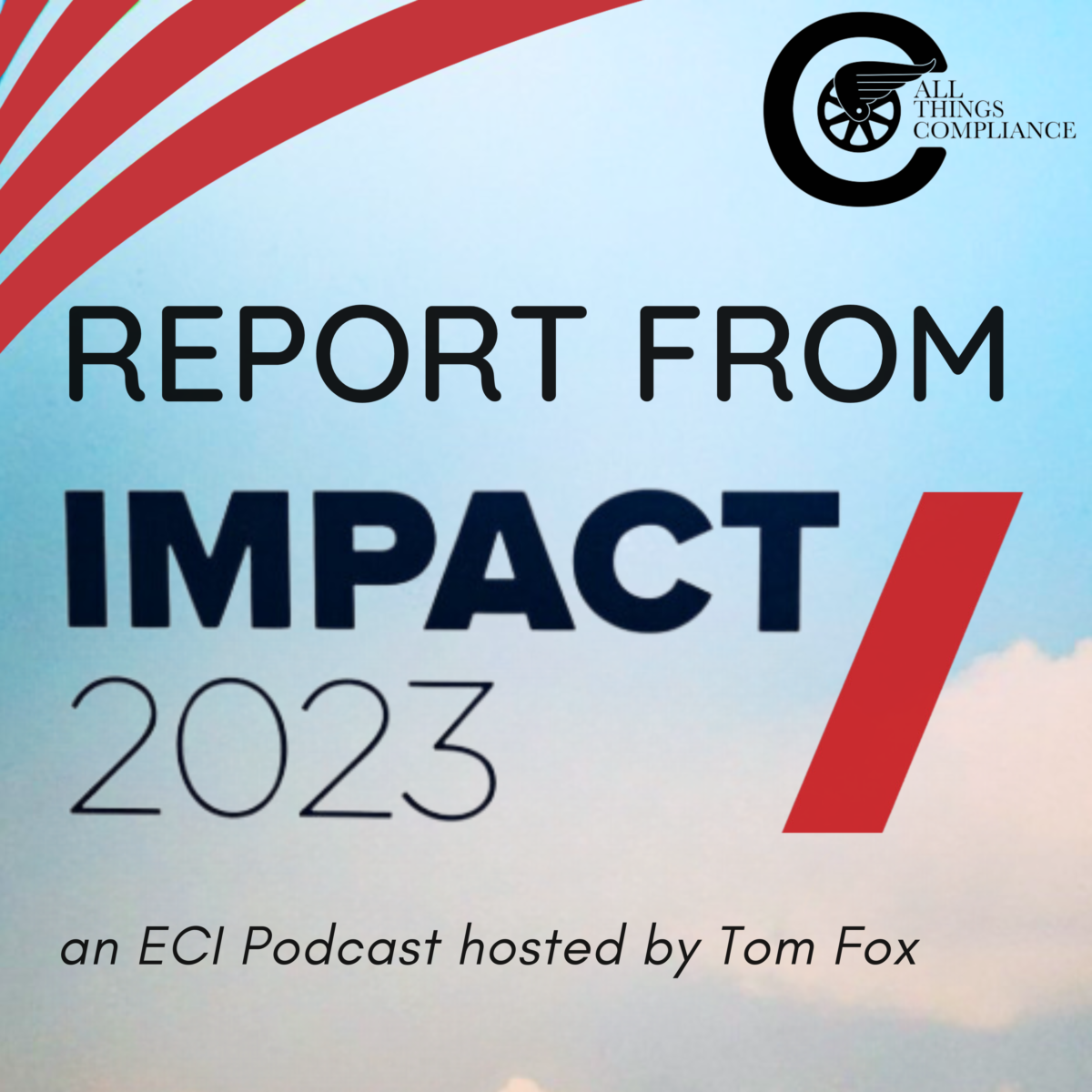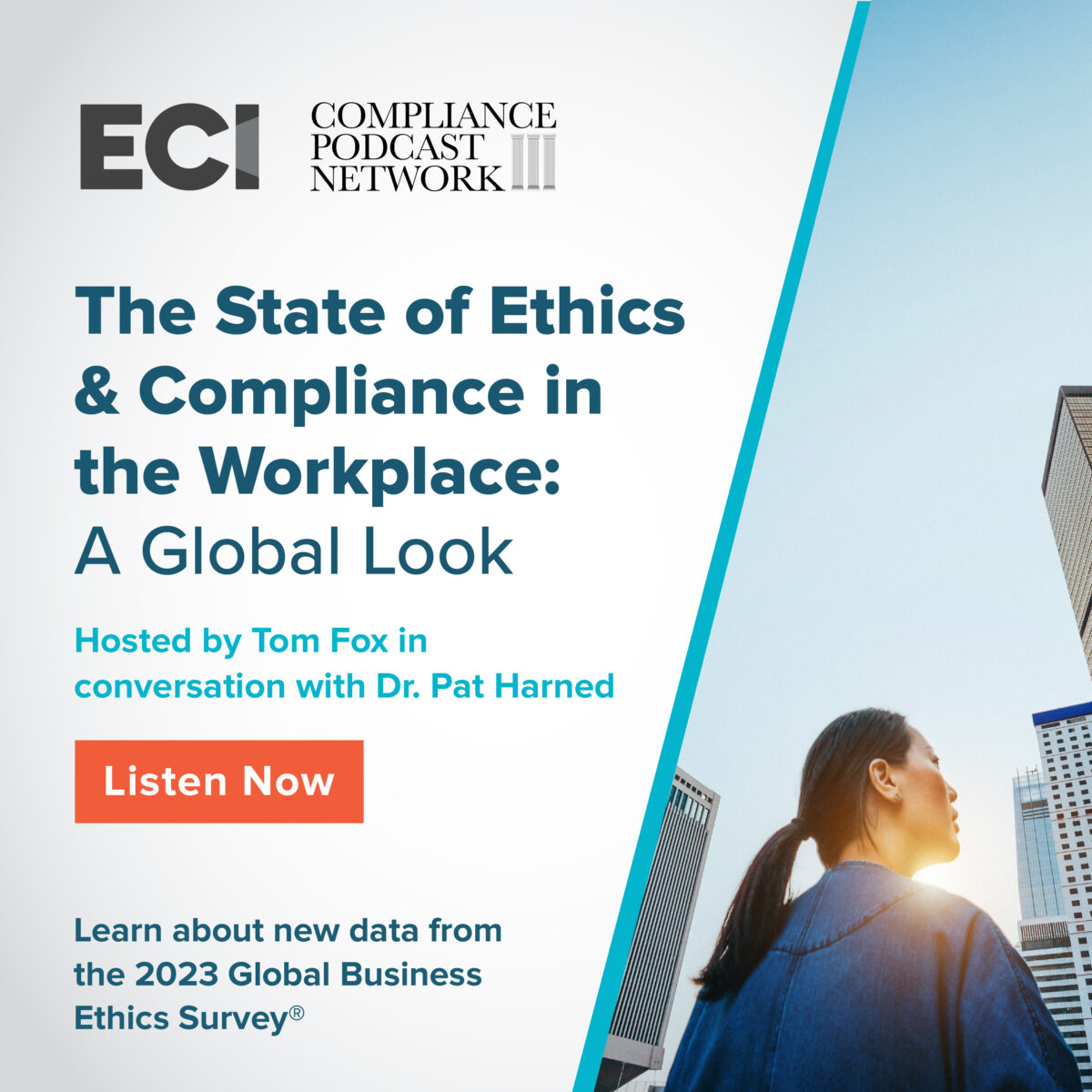Corporate Compliance and Ethics Week will be held from November 5-11, 2023. It is designed to celebrate the compliance function in the corporate world. While many companies celebrate Corporate Compliance and Ethics Week as an annual event to raise awareness about these important topics, the philosophy behind it should be applied throughout the year and in a recent episode of the podcast “Creativity and Compliance” hosted by Tom Fox and Ronnie Feldman, discussed not only the significance of this week but equally significant, the importance of engaging year-round activities in promoting corporate ethics.
One of the key takeaways was the recognition that compliance programs often limit themselves to being fun and interesting only during Compliance Week. Ronnie highlighted the irony of this approach. He questioned why companies would only focus on engaging activities once a year when they inherently recognize that fun and exciting initiatives can have a lasting impact on compliance efforts. Feldman emphasized that the philosophy behind Compliance Week should be applied consistently throughout the year.
Engaging in year-round activities can take various forms. One approach Ronnie discussed is using creative methods such as talk shows, game shows, and workshops. These activities can make compliance more enjoyable and memorable for employees, fostering a culture of ethics and integrity. For example, Feldman shared an example of a client, an Insulin device company, that created a talk show called “Ethically Speaking with Your Host Sugar Levels.” This show allowed the compliance team to be interviewed in a fun and witty manner, making the subject of ethics more approachable and relatable.
Art exhibits were also discussed as a unique way to explore and discuss ethics and integrity. Progressive Insurance, for instance, organized an art exhibit where each piece of art had a tie-in to ethics and integrity. This approach allowed employees to engage with the subject matter more nuanced and thought-provokingly. Bringing art and ethics sparked meaningful conversations, promoting a deeper understanding of ethical principles.
Another exciting suggestion made in the episode was assigning compliance projects to millennials. This approach brings a fresh perspective and better engages a younger audience with different expectations and preferences regarding compliance efforts. By involving millennials in compliance initiatives, companies can tap into their creativity and innovative thinking, making compliance activities more relevant and impactful.
However, it is essential to consider the tradeoffs and challenges associated with engaging in year-round activities for promoting corporate ethics. Budget constraints, time limitations, and the need for continuous innovation can pose challenges for compliance professionals. They are finding the right balance between engaging activities and the practicalities of running a compliance program.
Ultimately, the impact of engaging year-round activities on promoting corporate ethics cannot be underestimated. Compliance programs can have a cultural impact on the entire organization if they are fun, engaging, thoughtful, empathetic, and do not waste people’s time. By investing time and effort into creative and exciting initiatives, companies can create a positive compliance culture that resonates with employees at all levels.
In conclusion, promoting corporate ethics through engaging year-round activities is a powerful approach to fostering a culture of integrity and compliance. Compliance programs should not limit themselves to being fun and exciting only during Compliance Week but should embrace the philosophy behind it throughout the year. Companies can make compliance more enjoyable, memorable, and relevant by using creative methods, such as talk shows, game shows, workshops, and art exhibits. Assigning compliance projects to millennials can bring a fresh perspective and engage a younger audience better. While challenges and tradeoffs may be involved, the long-term benefits of hiring year-round activities in promoting corporate ethics are worth the investment.
Check out the full Corporate Compliance Week 2023 episode with Tom Fox and Ronnie Feldman on Creativity and Compliance here.










